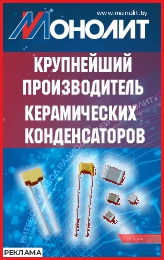Comparative Analysis of Platinum (IV) and Palladium (II) Separation Under Different Gradient Elution Variants

Two schemes for the extraction separation of platinum (IV) and palladium (II) from chloride solutions in rotating coiled columns (RCC) are proposed – gradient separation due to a change in the concentration of the eluent in the mobile phase and due to the creation of a gradient of the concentration of extractant in the stationary phase held in the column. A reagent of the quaternary ammonium base class, methyltrialkylammonium chloride (MTAA), was chosen as the stationary phase in the RCC. The behavior of Pd(II) and Pt(IV) with their joint presence in chloride solutions was studied depending on the concentration of chloride ion, the acidity of the solution, and the concentration of extractant. It was shown that creating a concentration gradient of the extractant in the stationary phase makes it possible to achieve complete separation of metals and to obtain separated fractions of platinum and palladium with a purity of more than 99,90%.
 rus
rus


